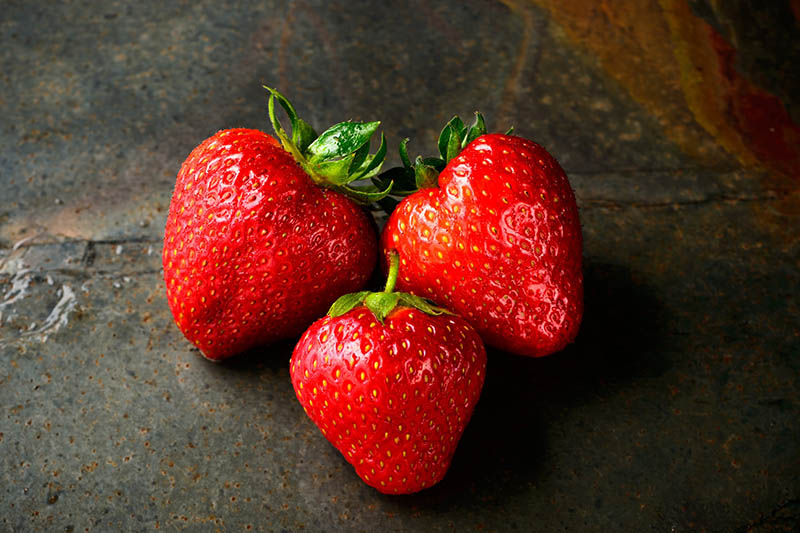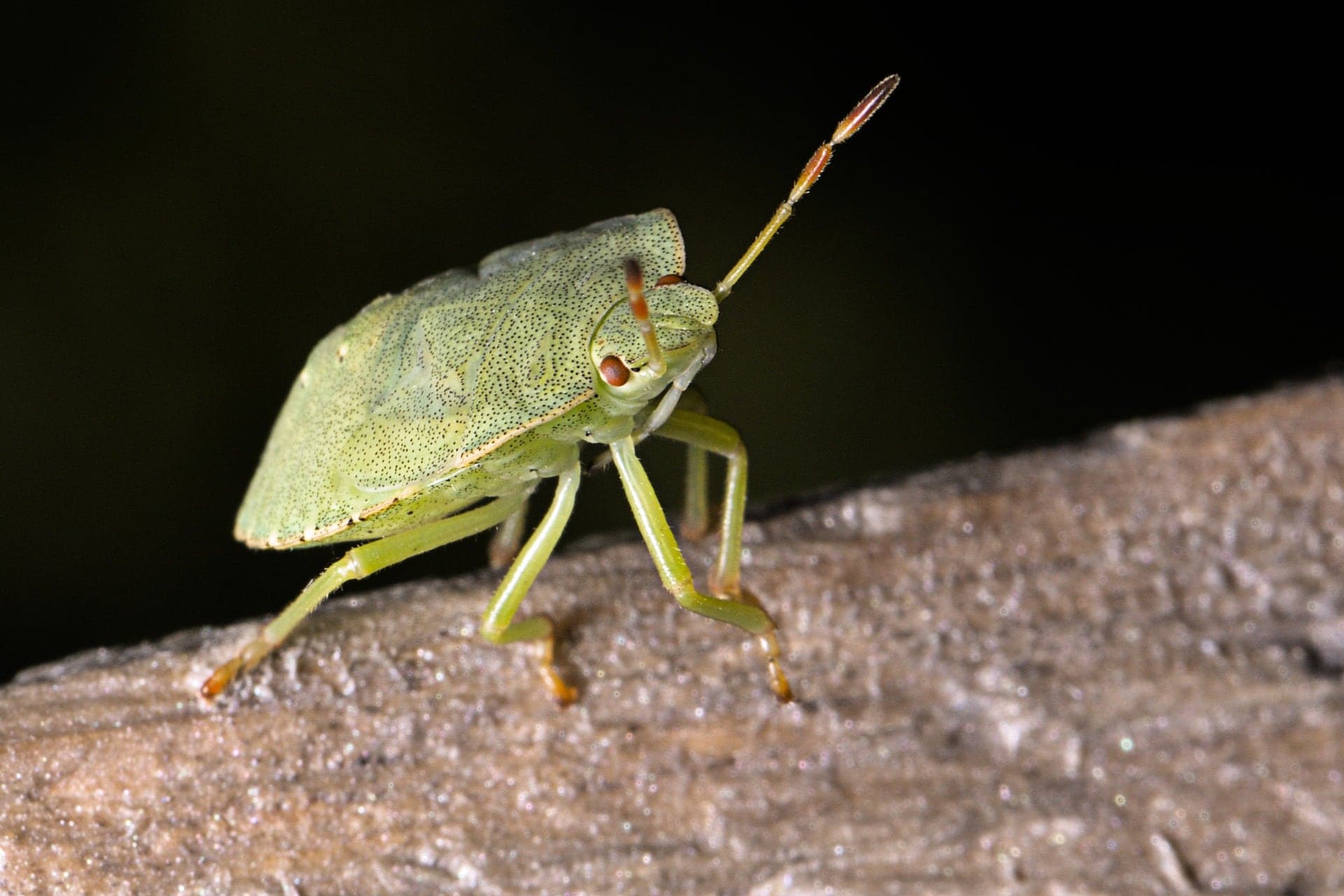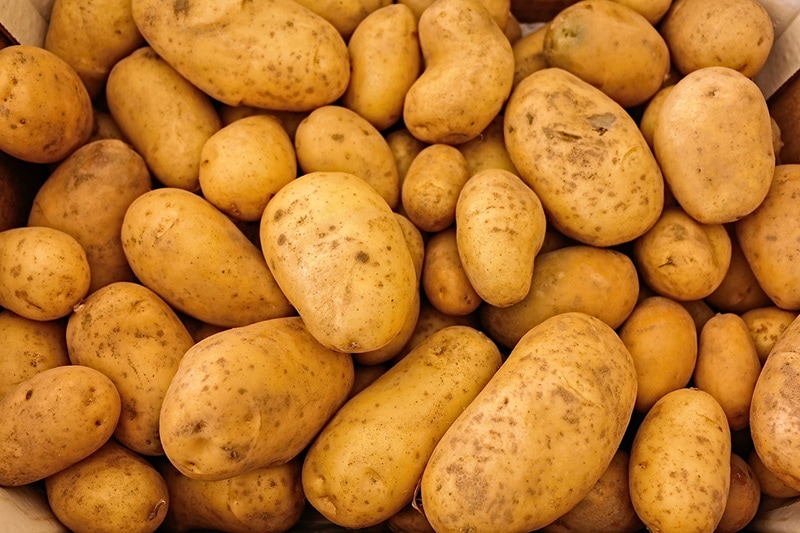Can Bearded Dragons Eat Okra? Vet-Approved Nutritional Facts & Benefits
By Ashley Bates
Updated on
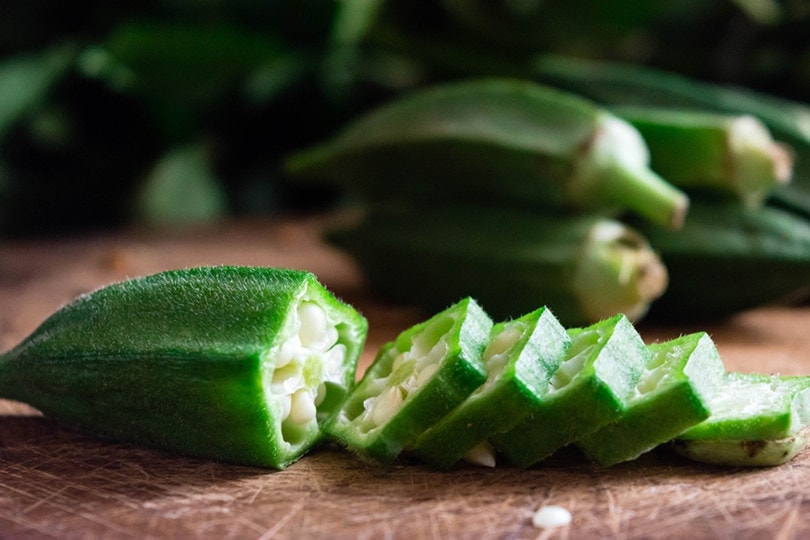
Click to Skip Ahead
Having a bearded dragon is quite different to having a cat or dog. Learning the vast amount of foods that can fit into their diet, as well as the ones that can’t, can be challenging, but important to do. When it comes to veggies like okra, is it safe for bearded dragons?
Okra can be a suitable vegetable to add to your bearded dragon’s diet. This superfood contains a long list of health benefits for your beardie, as long as you feed correct portions. In this article, we will discuss all of the upsides of okra for bearded dragons and how you can appropriately serve it to your reptile.
Okra Is Safe for Bearded Dragons
Okra is a safe vegetable to feed bearded dragons. It offers a few very beneficial nutrients to nourish their bodies. However, just like any other food substance, it’s best in moderation. After all, okra does not contain the necessary nutrients to provide the full spectrum of health benefits and nutrients that your bearded dragon needs, which is why variety is super important for these reptiles.
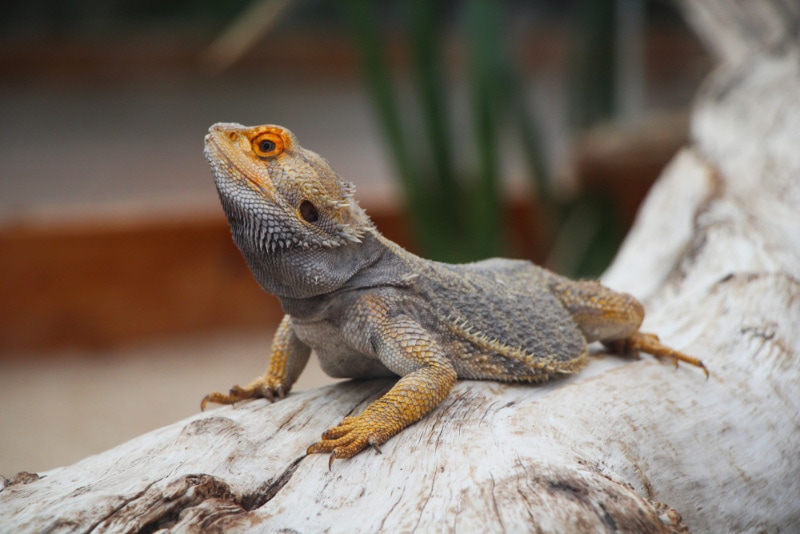
Okra Nutrition Facts
| Amount per: 1 Cup (Raw, 100g) | |
| Calories | 33 Kcal |
| Protein | 1.93 g |
| Fat | 0.19 g |
| Carbohydrates | 7.45 g |
| Fiber | 3.2 g |
| Sugar | 1.48 g |
| Vitamin K | 31.3 µg |
| Potassium | 299 mg |
| Sodium | 7 mg |
| Vitamin C | 23 mg |
| Magnesium | 57 mg |
| Calcium | 82 mg |
| Phosphorus | 61mg |
Health Benefits of Okra for Bearded Dragons
Okra has some unique benefits that can amplify the nutrients in your bearded dragon’s diet. Here are a couple to speak of.
Mucilage
Mucilage is an edible mucus membrane in okra that forms a protective film inside. In humans it is used to regulate healthy weight and has laxative properties—so too much is no good, but a little is beneficial to gastrointestinal function.
Catechins
Catechins are a type of phenolic compound that acts as a potent antioxidant. It is found in okra and many other leaves that support the elimination of free radicals in the body.
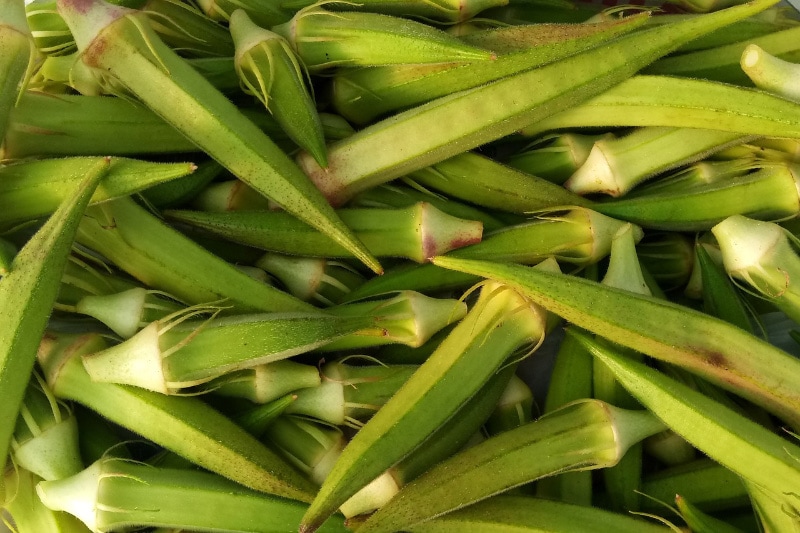
Quercetin
Quercetin is a type of plant pigment that gives okra its color. It can help protect heart health and may provide your beardie with anti-inflammatory and antihistamine properties.
Fiber
Fiber is a crucial part of your bearded dragon’s daily diet. Older beardies have much slower digestion and can get very bound up if they don’t have an appropriate amount.
Vitamin K
Vitamin K makes various proteins that your beardie’s body will use for blood clotting and bone building. Certain proteins are directly dependent on vitamin K, such as prothrombin and osteocalcin.
Calcium
As a bearded dragon owner, you know just how crucial calcium is in their diet. They need it to grow properly and avoid a lot of health issues like metabolic bone disease. Luckily, okra is full of calcium!
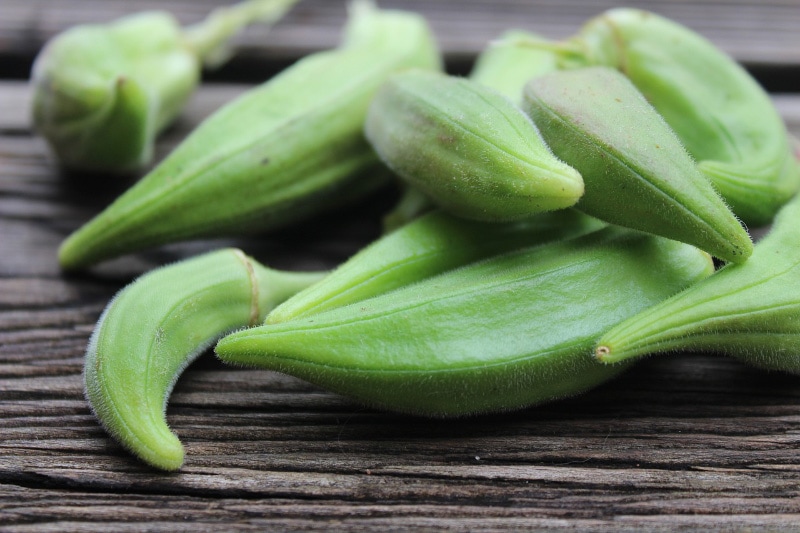
Vitamin C
You might already know that vitamin C has immunity-boosting properties. But what you might need to learn is that it also helps with the growth, development, and repair of body tissues. It also helps your bearded dragon’s body absorb iron, heal quickly from wounds, and maintain cartilage in the body.
Magnesium
Magnesium, like calcium, can improve overall bone health. It also helps to lower blood pressure, reduce inflammation, and improve sleep.
Ca:P
One factor that we always need to consider when looking at our beardie’s diet is the proportion of calcium (Ca) to phosphorus (P). Ideally, their diet should have around twice as much calcium as phosphorus. In Okra, the Ca:P is 1.34 : 1, so it’s not ideal, but it’s not bad.
Considerations When Feeding Okra to Bearded Dragons
Okra is completely non-toxic and nutritional for your bearded dragon, but there are some things you should consider.
Limited Nutritional Content
Sure, okra is healthy for your bearded dragon. But it has its limitations. Your bearded dragon needs a wide variety of foods in their diet to ensure they get all the proper vitamins and minerals their body needs.
If you give them okra, only hand out a few small pieces in combination with a medley of other goodies—like collard greens, bell peppers, mustard greens, kale, cabbage, or green beans.
Choking Hazard
Okra can be quite tough. Thick parts and strings can be complicated for your beardie. It is very imperative that you cut it into smaller pieces to prevent choking. Also, feel for any woody or splintery pieces to ensure easy digestion.
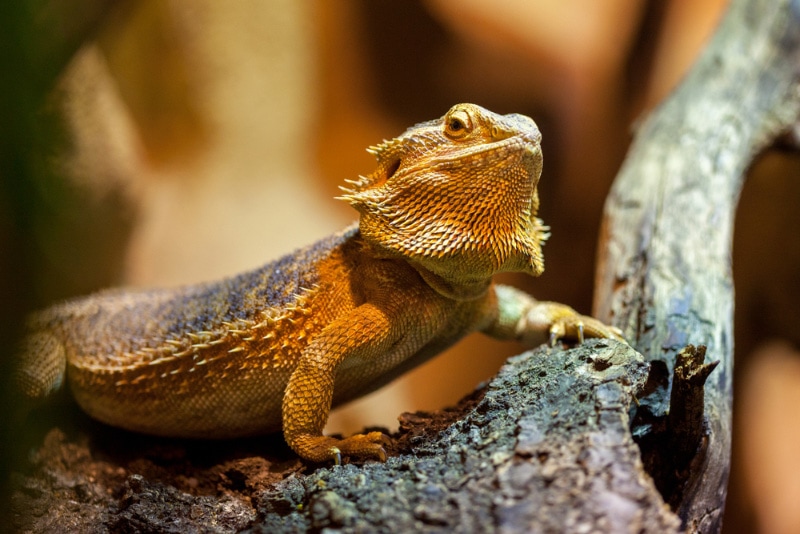
How Often to Feed Okra for Bearded Dragons
Okra should make up a very small portion of your bearded dragon’s regular diet. At most, you should only feed your bearded dragon okra once a week.
Remember, juvenile bearded dragons need a high protein diet with a small percentage of fruits and vegetables. An adult bearded dragon needs a good combination of both plant matter and animal proteins.
Preparing Okra for Bearded Dragons
As with any other vegetable, you should pick your homegrown veggies or buy organic when you can. Obviously, this isn’t always an option, so make sure to wash the okra thoroughly before serving. You’ll want to remove any potentially irritating or toxic pesticides on the surface.
Due to the texture and consistency of okra, it might be a little hard for your bearded dragon to eat. Removing all of the seeds and ensuring the pieces are cut to a digestible size before serving is essential.
Final Thoughts
Bearded dragons can certainly enjoy okra if you feed them in reasonable amounts. They can benefit from several of the nutrients in this superfood. However, it isn’t suitable for daily consumption, as it doesn’t cover the complete nutritional profile needed.
Feed your beardies lots of yummy insects, veggies, and fruits so they get a broad spectrum of foods. Too much of one veggie can lead to metabolic bone disease, so keep it even according to their life stage.
See Also:
- Can Bearded Dragons Eat Popcorn? Vet-Approved Facts & FAQ
- Can Bearded Dragons Eat Radicchio? Vet Approved Nutrition Facts & FAQ
Featured Image Credit: Red Confidential, Shutterstock


